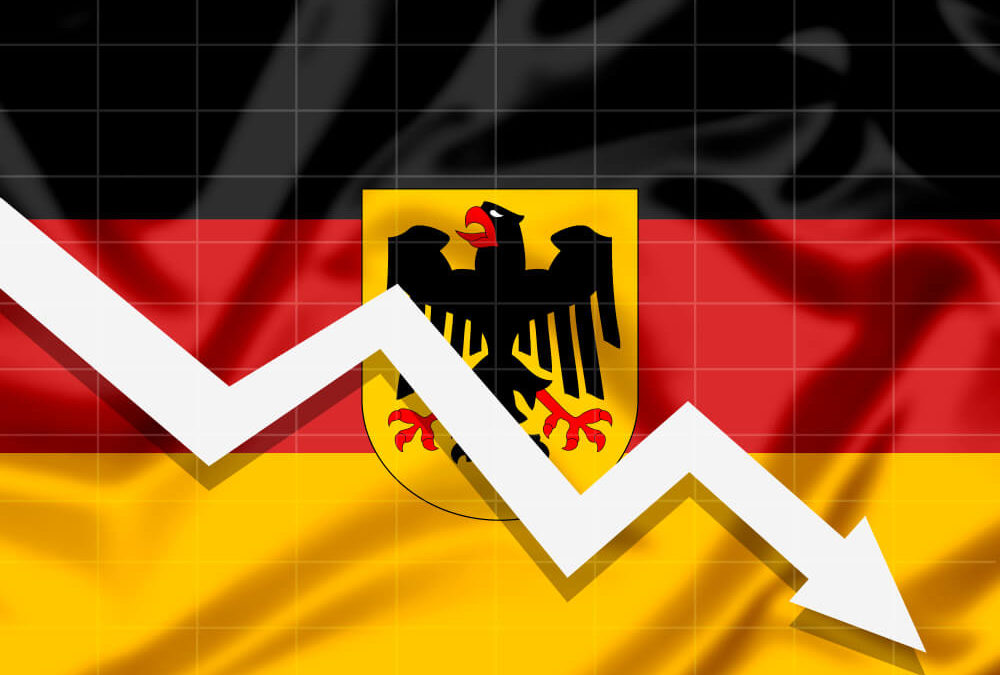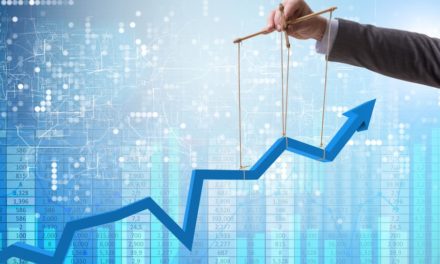The German economy expanded by 0.6% last year, its worst performance since 2013, as export growth slowed and manufacturing was weak.
It was the 10th consecutive year of growth, the longest period since Germany was reunited in 1990, the Federal Statistical Office said Wednesday. But growth was much slower than in the past few years and it was the worst performance since Europe’s biggest economy expanded by 0.4% in 2013.
The figure, while in line with economists’ forecasts, was less than half the 1.5% rate booked in 2018.
The statistics office said that private spending, which accelerated slightly to rise 1.6% last year, supported growth. Construction also helped the economy. But export growth slowed to 0.9% from 2.1% in 2018 and 4.9% in 2017.
Growth in imports, while also weaker than the previous year, was more than twice as strong at 1.9%.
German industry’s performance was weighed down badly by the auto sector. Total industrial output, excluding construction, was down 3.6% last year.
There are signs that there was “a slight recovery at the end of the year” and that GDP rose slightly in the fourth quarter compared with the previous three-month period, said Tanja Mucha, an official with the statistics office. She didn’t give a more precise estimate. An official figure for the October-December period is due only in mid-February, and hard economic data for December aren’t yet available.
“The worst is probably behind us, but the German economy has yet to enter into a clear recovery mode,” Allianz economist Katharina Utermoehl said. She forecast fourth-quarter growth of 0.1%, suggesting that “German economic momentum for now has at best stabilized at low levels.”
Looking ahead to this year, “demand for German exports should only stage a timid recovery in line with the subdued recovery in global trade,” Utermoehl wrote in a research note. “Domestic demand will hence clearly continue to run the show in 2020.”
The economy narrowly avoided a widely anticipated recession in the third quarter. It grew 0.1% in the July-September period compared with the previous quarter, when it contracted by 0.2%. Strong domestic spending helped spark the modest growth.
Even as economic growth slowed last year, Germany’s public finances posted yet another healthy performance, with the budget in the black for the eighth year in a row amid rock-bottom interest rates. Last year’s surplus was 1.5%, down from the previous year 1.9%.
That performance defied Finance Minister Olaf Scholz’s warning a year ago that “the fat years are over” for German tax revenue.
Carsten Brzeski, an economist with ING in Frankfurt, said short-term stimulus isn’t really needed but the surplus should be used to step up investment on digitization, infrastructure and ecological transformation.
“The new fiscal surplus, combined with changing views in the coalition (government) parties, confirms our view that the German economy could see more fiscal stimulus than most observers expect this year and beyond,” Brzeski wrote in a research note.
© The Associated Press. All rights reserved.




